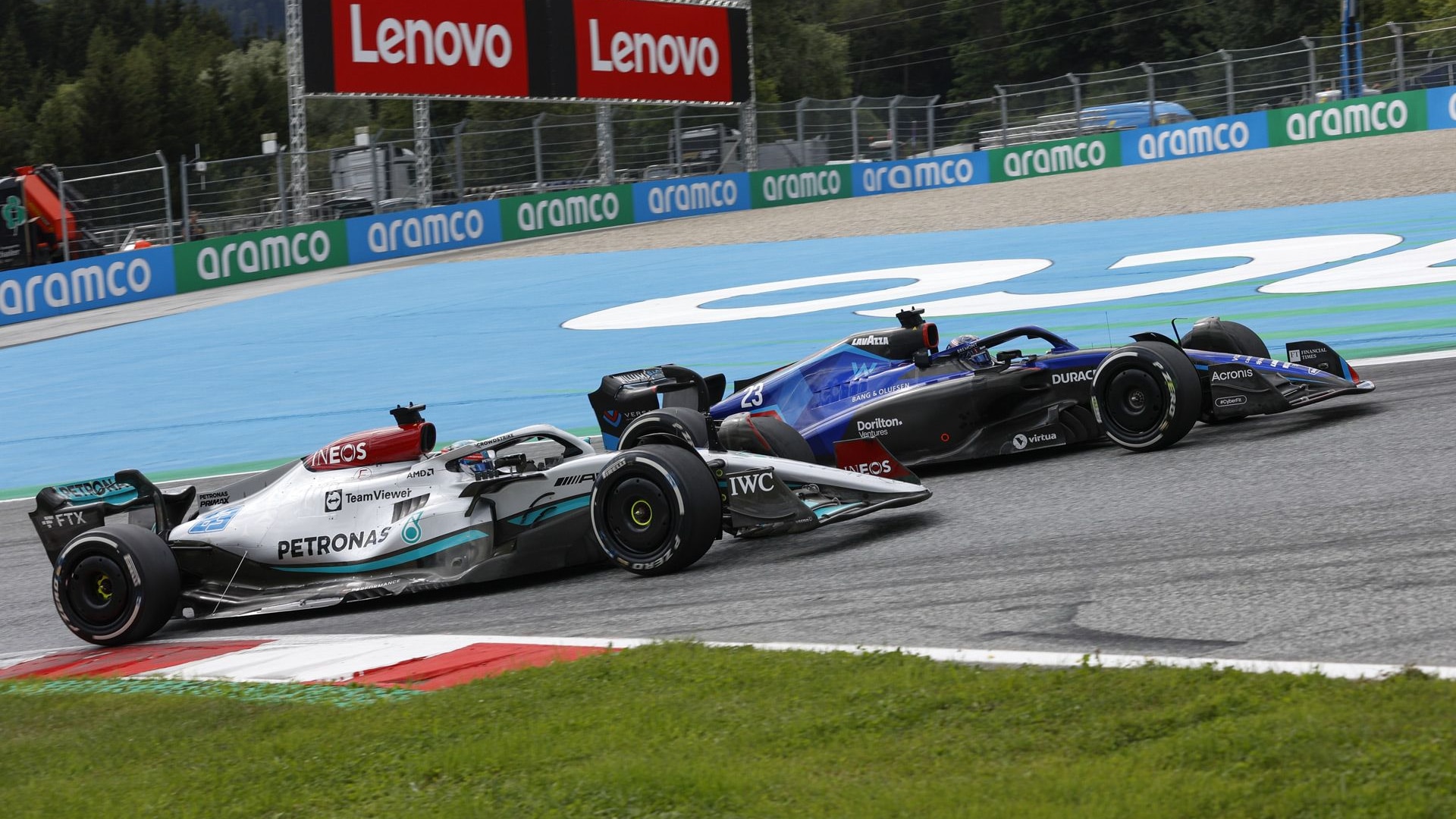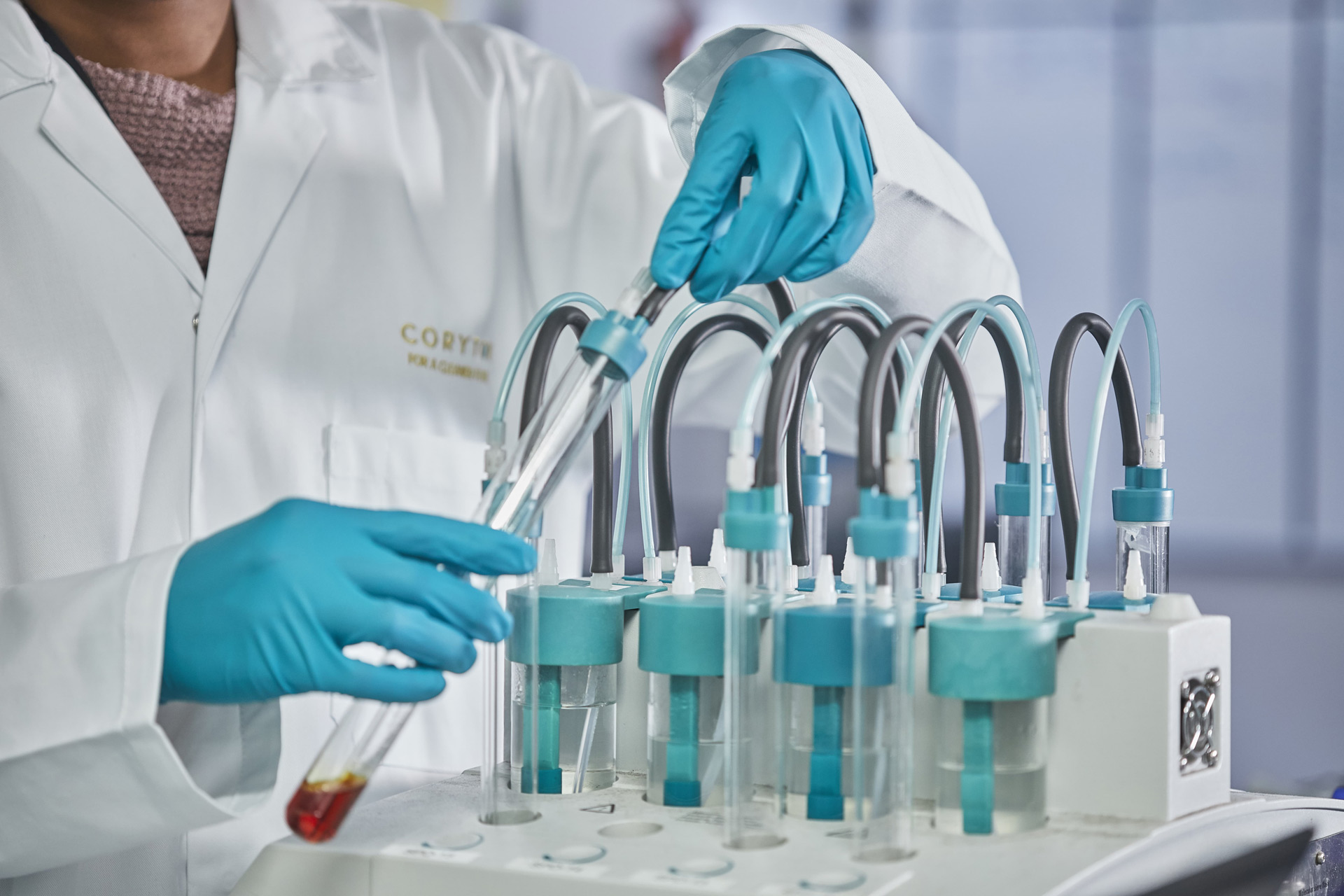
Motorsport's governing body, the FIA, held a meeting on Tuesday where new Formula 1 power unit rules to be introduced in 2026 were finalized.
The new rules mark the same level of change as those from 2014, when the current V-6 hybrid era was introduced. Like then, this time organizers particularly focused on reducing carbon emissions and costs to make F1 attractive to new entrants. Thankfully, the organizers were also focused on ensuring the power units are still powerful and emotive.
The big news is a move to adopt 100% sustainable fuel. F1 is looking to develop the fuel itself, by working closely with partners like Aramco, Saudi Arabia's national oil company and a major sponsor of F1.
A possible solution is a synthetic fuel, likely sourced from biomass and newer carbon-capture technology, where emissions created by burning the fuel are offset when the fuel is produced. This has major implications for the entire world, as synthetic fuel could potentially be produced in quantities sufficient enough to supply most cars on the road today.
The adoption of 100% sustainable fuel is something Volkswagen Group, which plans to enter its Audi and Porsche brands in F1, was seeking. Both Audi and Porsche were involved in the discussions surrounding the new power unit rules, and Porsche is already a major proponent of synthetic fuel.

Though it's yet to be confirmed, Porsche is expected to partner with Red Bull Racing by buying a 50% stake in the leading team. Audi is thought to be in negotiations with Sauber (currently competing as Alfa Romeo) after a failed attempt at purchasing McLaren.
Why both VW Group brands? The cost of developing the power units would be roughly half that of rivals since the costs could be shared, but the benefits received by competing in F1 would be the same as those rivals.
As for the power unit design itself, the rules call for a turbo 1.6-liter V-6 in a hybrid configuration, just like the current setup. However, the new power unit will be simpler due to the elimination of the MGU-H, the electric motor-generator which recovers exhaust energy via the turbocharger. The MGU-K unit, which recovers energy from the (rear) brakes just like a conventional hybrid, will remain and will deploy more power. The rules call for an increase in electrical power to 469 hp from the current 160 hp. Peak output of the system will still be more than 1,000 hp, though overall fuel usage during a race should drop from about 220 lb today to 154 lb in 2026.
The final key change is a cost cap on the internal-combustion component, as well as reduced dyno time and a limit of three power units per car, per season. Engineers will still be able to innovate around the electrical systems, thus allowing the cutting-edge technological showcase that is at the core of F1 to remain.
“The introduction of advanced PU technology along with synthetic sustainable fuels aligns with our objective of delivering benefits for road car users and meeting our objective of net zero carbon by 2030,” Mohammed Ben Sulayem, the FIA's president, said in a statement.
source: https://www.motorauthority.com/news/1072394_2026-f1-power-unit-rules-finalized-pave-way-for-audi-porsche-to-enter-sport
by Viknesh Vijayenthiran
http://www.boscheuropean.com
No comments:
Post a Comment